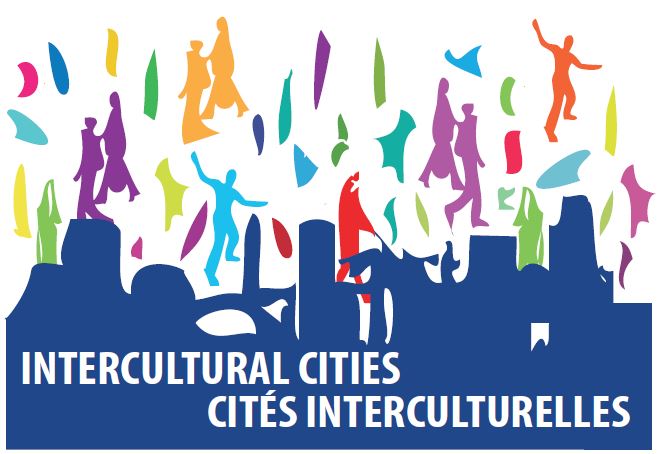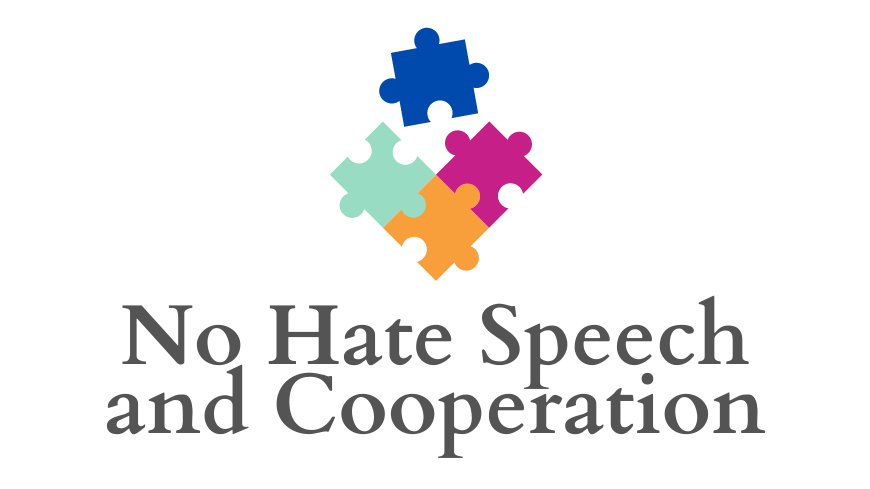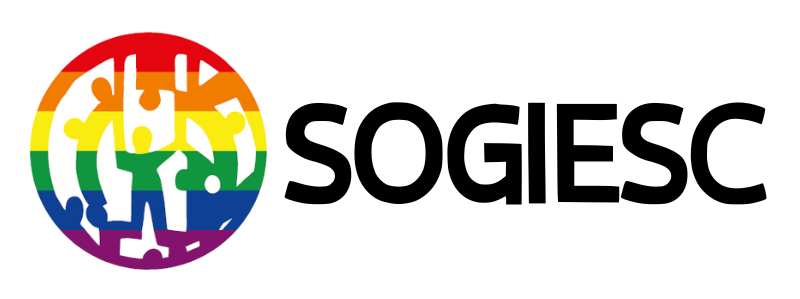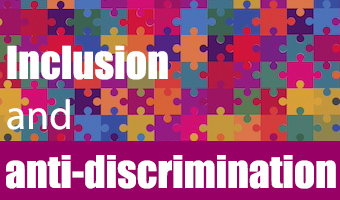The Policy brief "Unlocking the potential of foreign citizens in accessing the labour market" has been published and is now available for download, here.
Based on targeted research and on the findings of a workshop held late 2023 in Rome, gathering more than sixty stakeholders from institutions and firms across Italy to address the challenges faced by third-country nationals in accessing the Italian labour market, the Policy brief outlines key issues and opportunities identified and offers recommendations to enhance coordination and cooperation across various levels of governance.
Recommendations in the Policy brief focus on key areas such as governance and support for active employment policies, aligning labour supply with demand, and the validation and certification of skills.
The Policy brief also includes a detailed action plan, categorised into short, medium, and long-term goals. The latter highlights immediate actions that can be implemented using existing mechanisms, outlines steps for systematising ongoing initiatives in the medium term and sets a vision for the long-term consolidation of progress.
This is the second of a series of Policy brief developed in the framework of the project Reinforcing multi-level policy coordination for integration in Italy, co-funded by the European Union via the Technical Support Instrument and implemented by the Council of Europe, in co-operation with the European Commission Directorate-General for Structural Reform Support (DG REFORM) and the Ministry of Labour and Social Policies of Italy.







